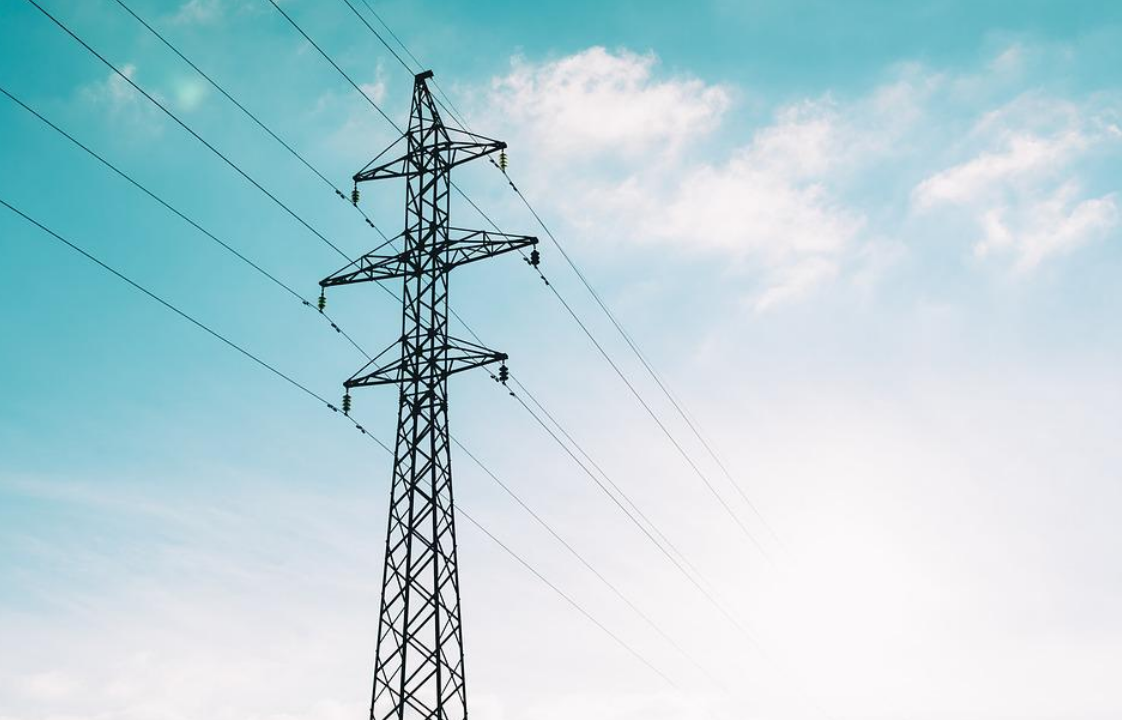Concern has been raised that a proposed EU law to reduce methane emissions from the energy sector will be undermined through amendments that create “loopholes”.
Two weeks ago, MEPs in two committees of the European Parliament adopted a proposal to cut emissions of methane from the energy generation sector.
The parliament’s Environment Committee and Industry Committee, in a joint sitting, both adopted their positions to reduce emissions of this sort to reach the EU’s climate goals and to improve air quality.
The proposed law will aim to cut direct methane emissions from the oil, fossil gas, and coal sectors, and from biomethane, once it is injected into the gas network.
The parliament is currently sitting in a plenary (full) session, where it will review and enter final debates on its report on the European Commission’s proposed legislation. The report is set for a vote in the parliament tomorrow (Tuesday, May 9), which will decide the parliament’s position on the matter.
However, an environmental advocacy group has expressed its concern that a set of amendments proposed by some MEPs will undermine the new regulations.
The Environmental Defence Fund Europe said it supports the stance taken by the two committees in late-April on the proposed legislation.
Despite that, the group’s senior director for EU energy transition, Flavia Sollazzo, said: “Unfortunately, ahead of the plenary vote on May 9, a small number of members of the European Parliament have tabled an additional set of amendments.
“This new set is greatly concerning because they subvert the scope of the regulation itself, and are far from reflecting international best practices,” Sollazzo said.
“Disregarding the strong agreement initially reached by [the environment and industry committees] would create loopholes that could exempt companies from new rules.”
She also claimed that these amendments could result in oil and gas companies being able to under-report methane emissions.
“If the European Parliament wants to play its part in making the ambition of the European Green Deal a reality and in cutting methane emissions, it’s crucial it supports the current version of the report approved by [the committees, by] objecting to the new amendments,” Sollazzo commented.
“Failure to do so will undermine the EU’s climate targets a well as its leadership role in the global effort to reduce methane emissions,” she added.
